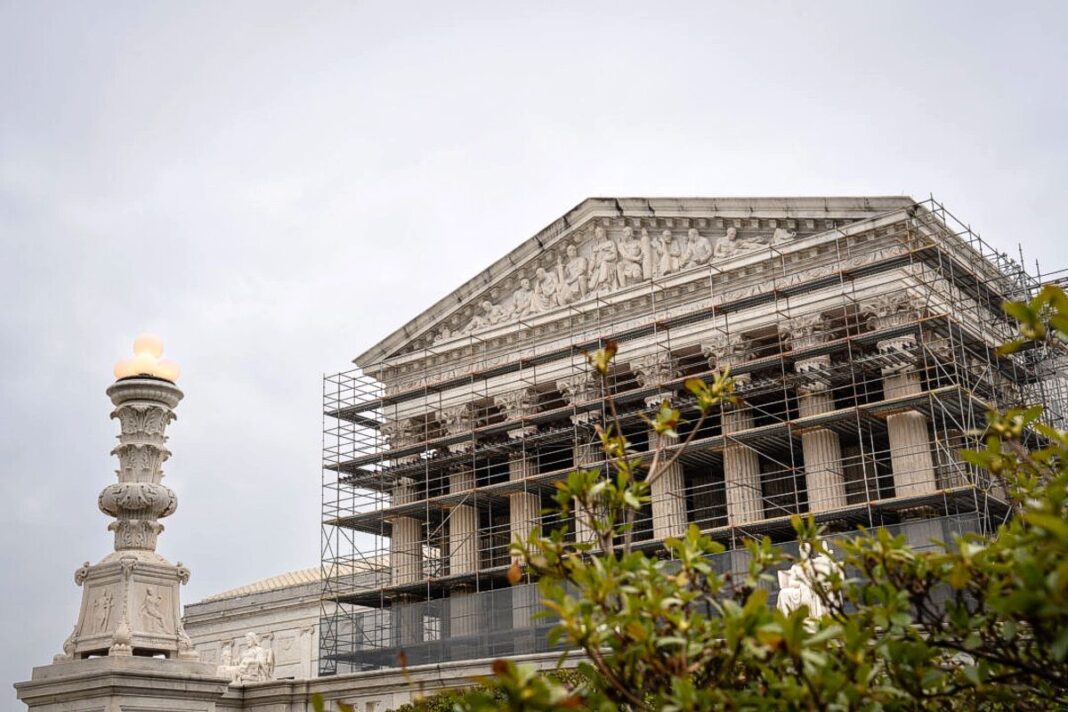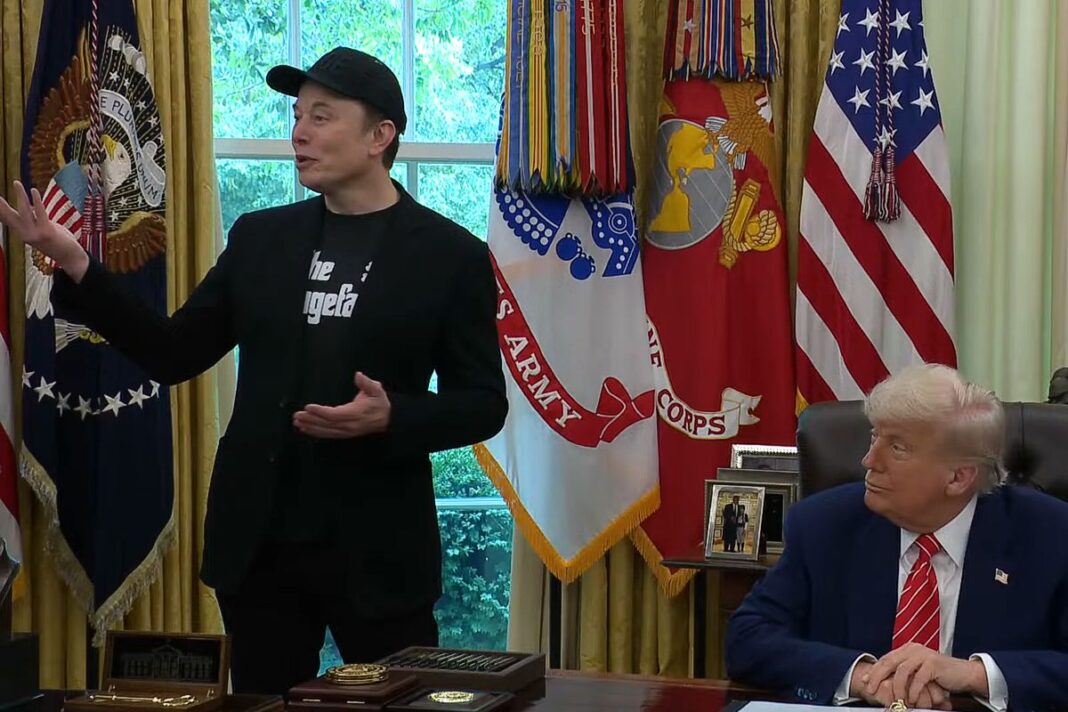Justice Brett Kavanaugh on July 16 temporarily put a federal appeals court ruling on hold.
The Supreme Court on July 24 paused a lower court ruling that prevents voters in seven states from suing over alleged discrimination under the federal Voting Rights Act.
The U.S. Court of Appeals for the Eighth Circuit previously issued an order barring voters in the seven states it covers from filing the lawsuits. The states within the circuit’s geographical boundaries are North Dakota, South Dakota, Arkansas, Iowa, Minnesota, Missouri, and Nebraska.
The emergency unsigned order was granted in a case known as Turtle Mountain Band of Chippewa Indians v. Howe. The court did not provide reasons for its new ruling.
Justice Brett Kavanaugh had previously, on July 16, temporarily put the Eighth Circuit’s ruling on hold.
Justices Clarence Thomas, Samuel Alito, and Neil Gorsuch dissented from the new order but did not explain why.
The applicants who sought the order from the Supreme Court are the Turtle Mountain Band of Chippewa Indians, the Spirit Lake Tribe, and three Native American voters. The respondent is Michael Howe, North Dakota’s secretary of state.
The tribes are expected to file a petition with the Supreme Court in the near future seeking formal review of the Eighth Circuit’s decision.
The Indian tribes had argued in their lawsuit that an electoral map the North Dakota Legislature approved in 2021 violated the nondiscrimination provisions of the Voting Rights Act. Section 2 of the statute prohibits voting practices or procedures that discriminate on the basis of race, color, or membership in a large language minority group.
They filed what’s called a private enforcement lawsuit against the secretary of state to enforce Section 2. They brought their legal action under 42 U.S.C. Section 1983, a federal law that allows individuals to sue the government for civil rights violations.
The tribes argued that the Legislature placed electoral district boundary lines for state-level elections in a way that illegally diluted the voting strength of Native Americans.
A federal district court sided with the tribes in January 2024 and adopted a map they proposed that was used in elections that year.
In May, the Eighth Circuit ruled that the tribes had no right to sue under Section 1983 to privately enforce Section 2 and ordered that the 2021 map be reinstated.








